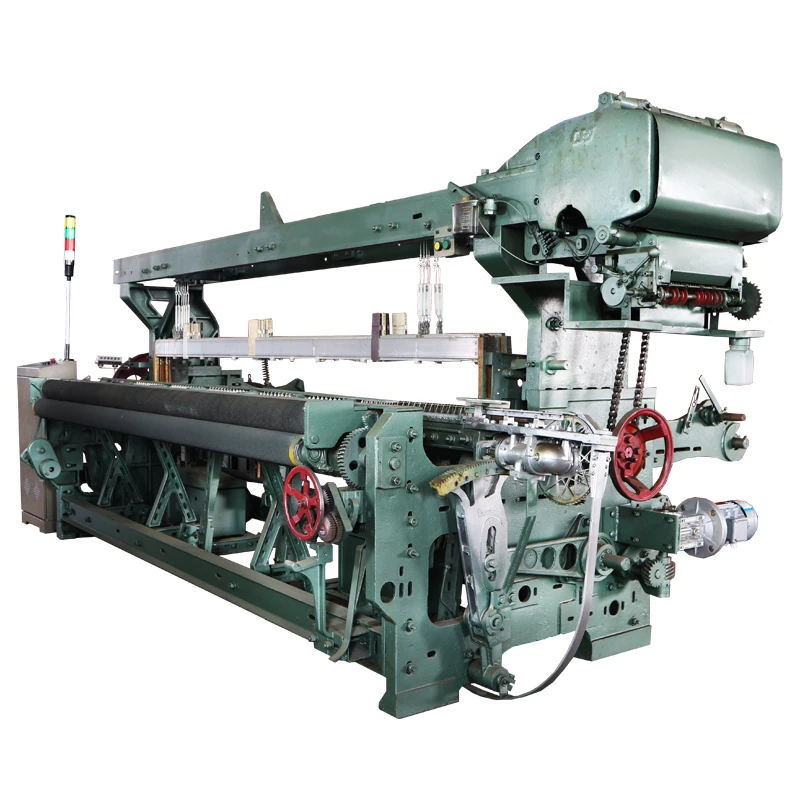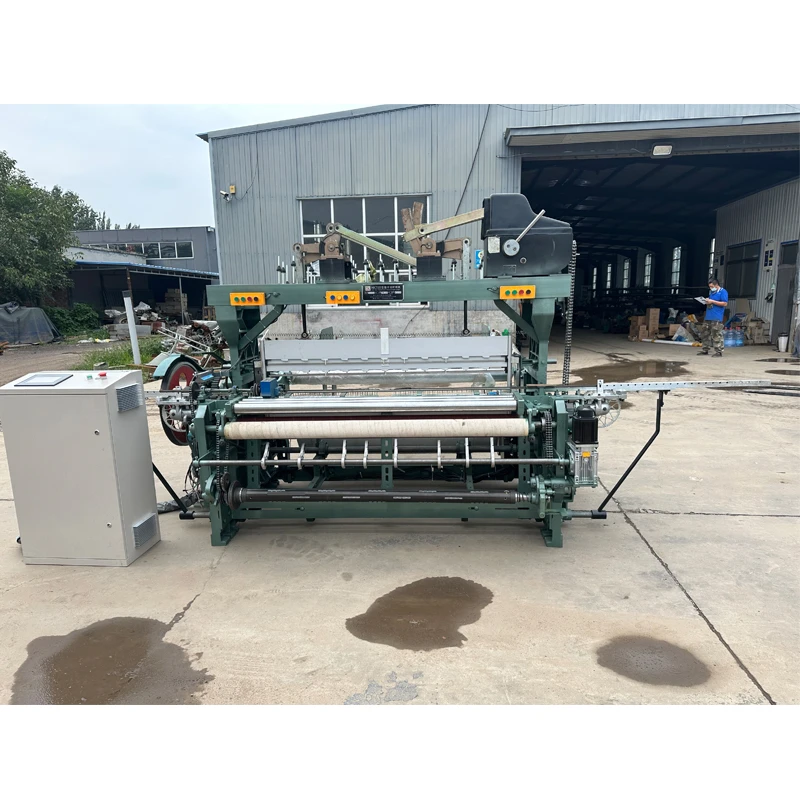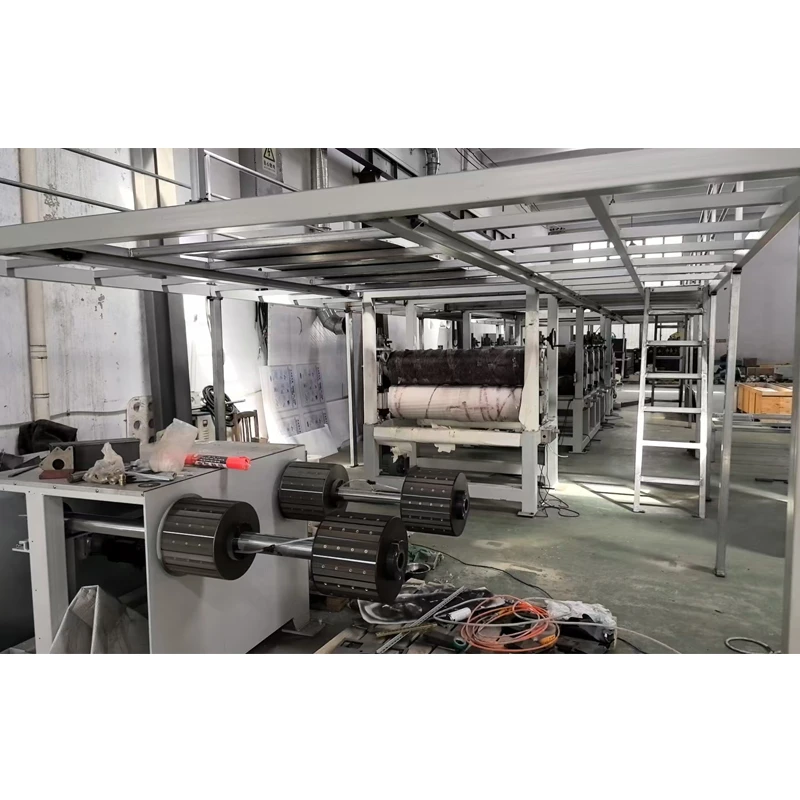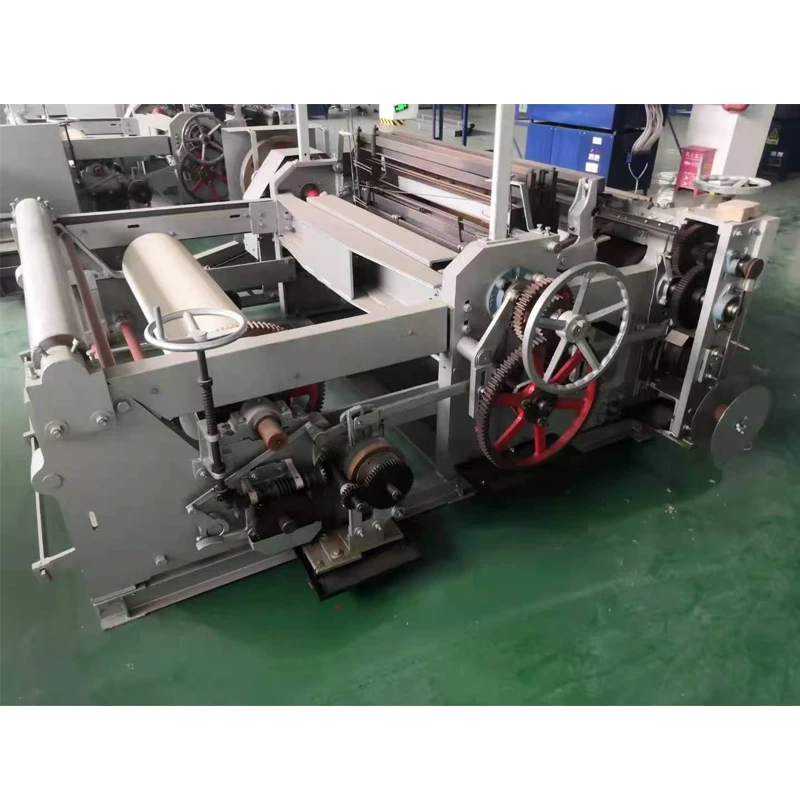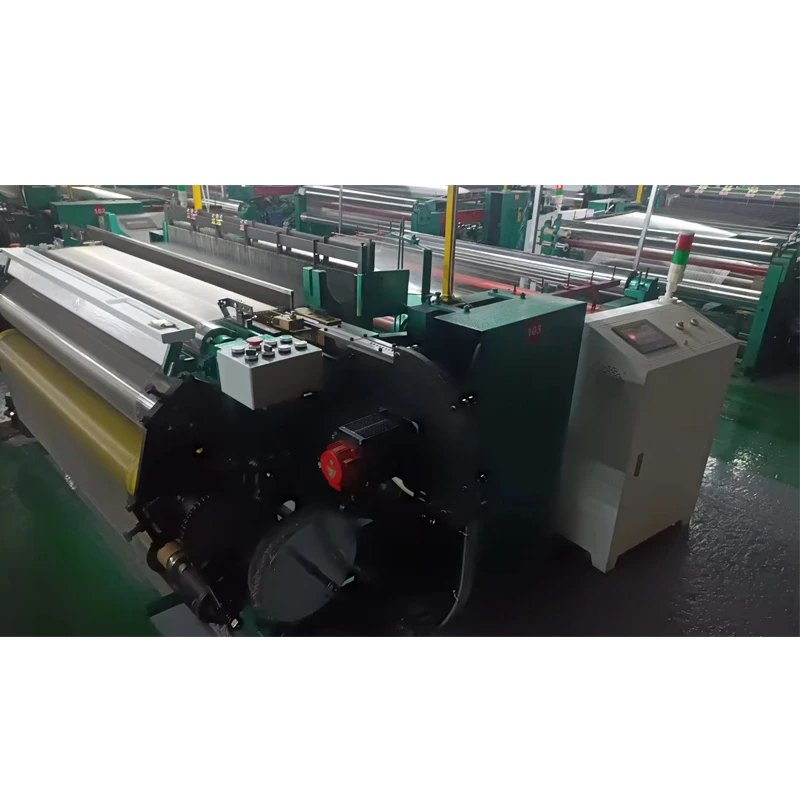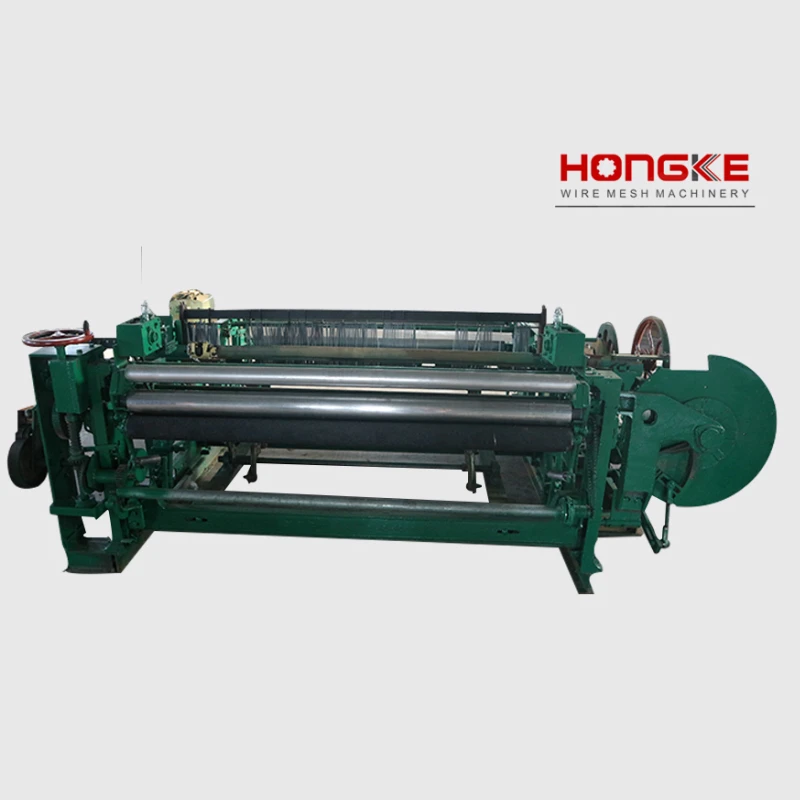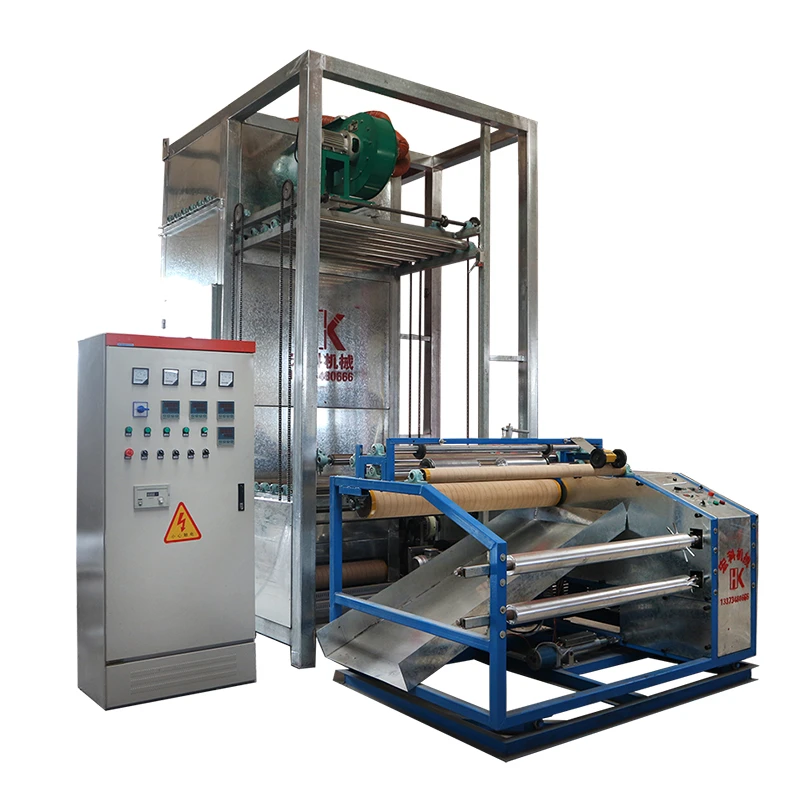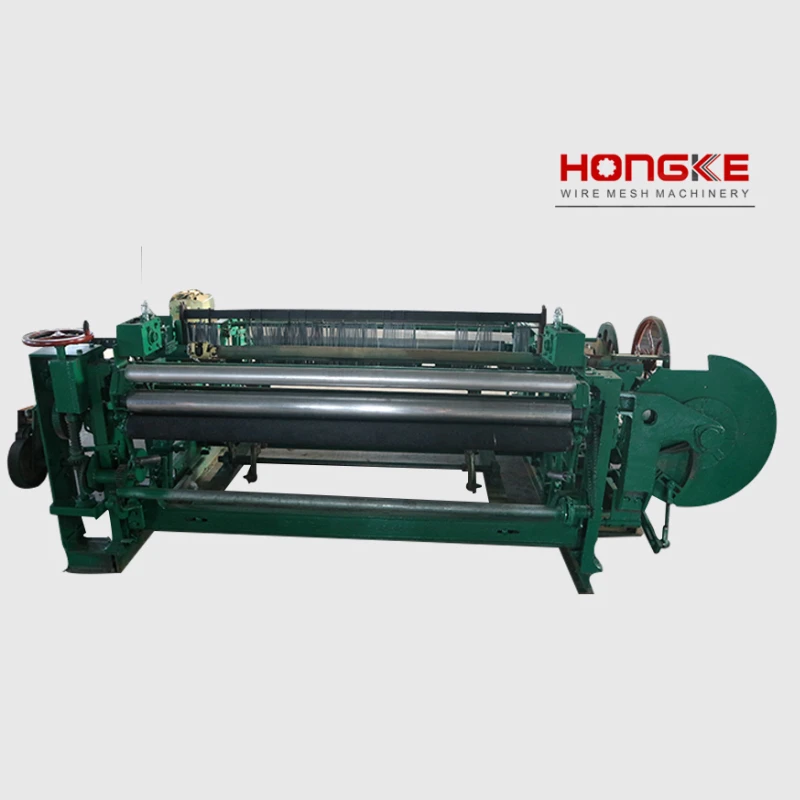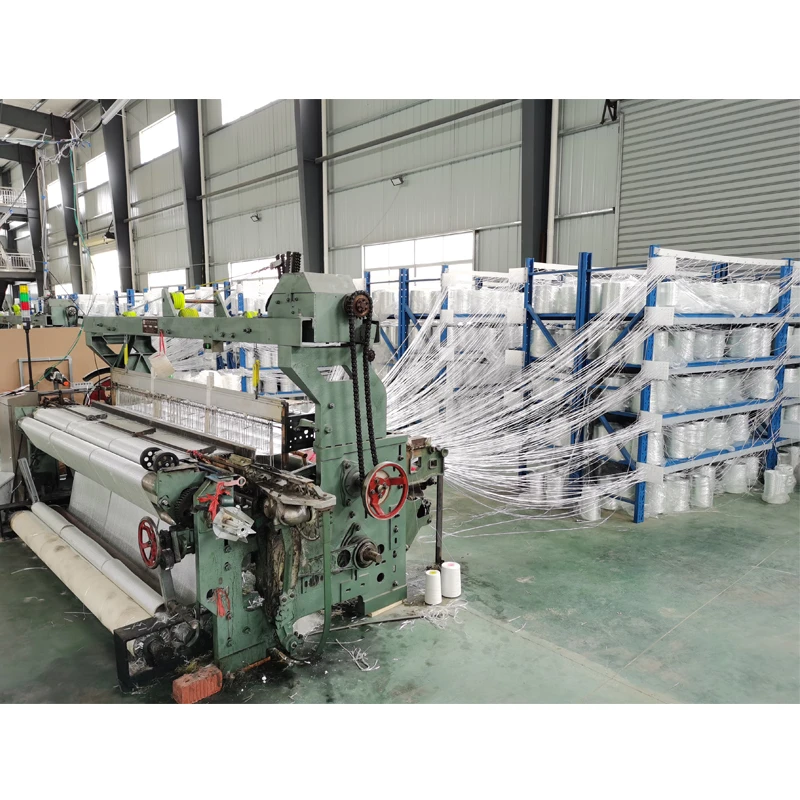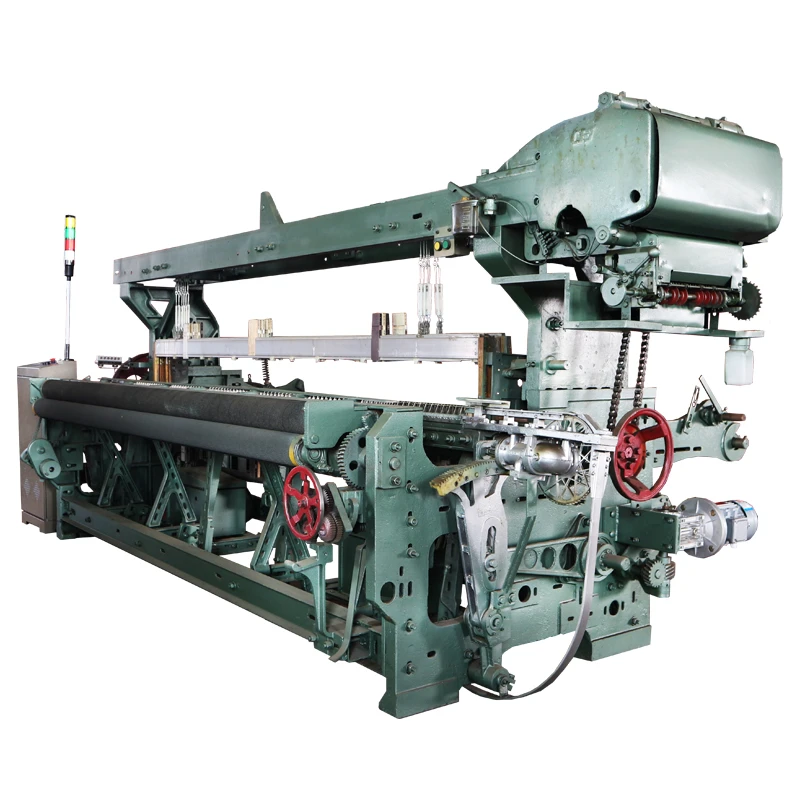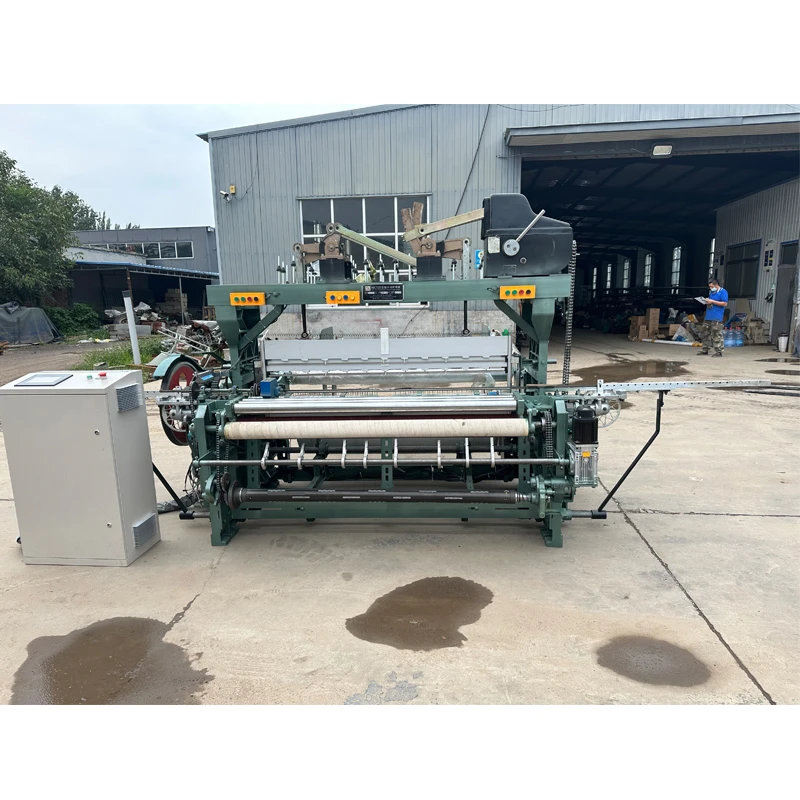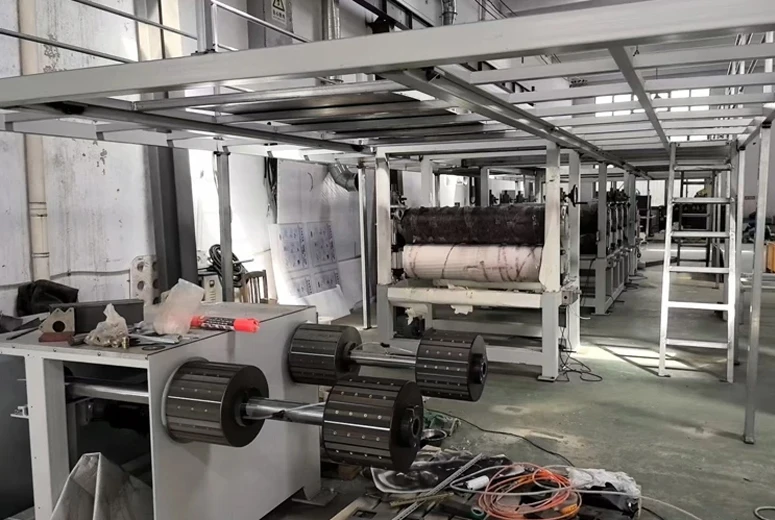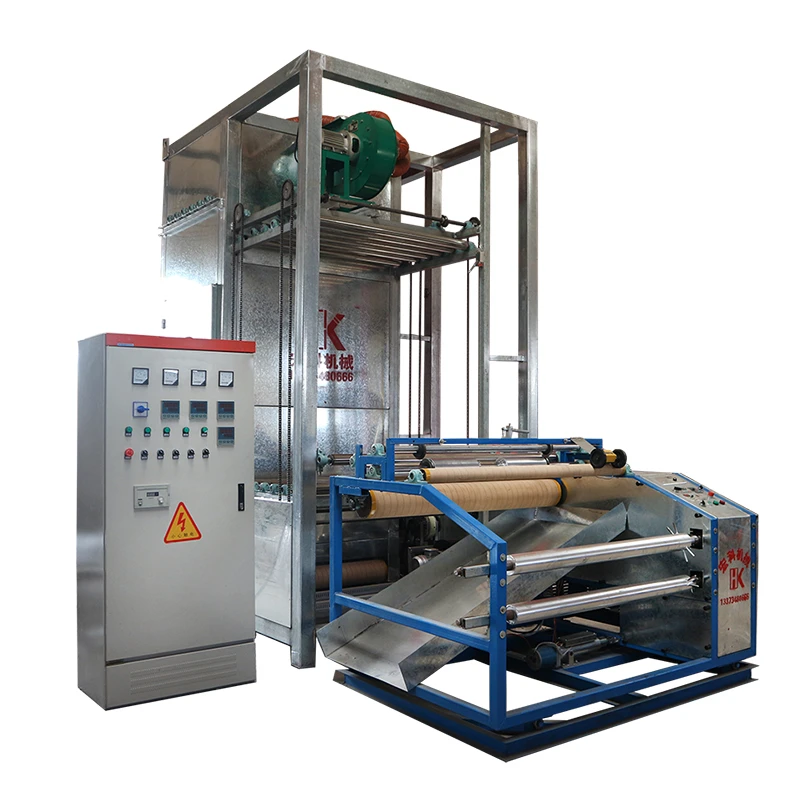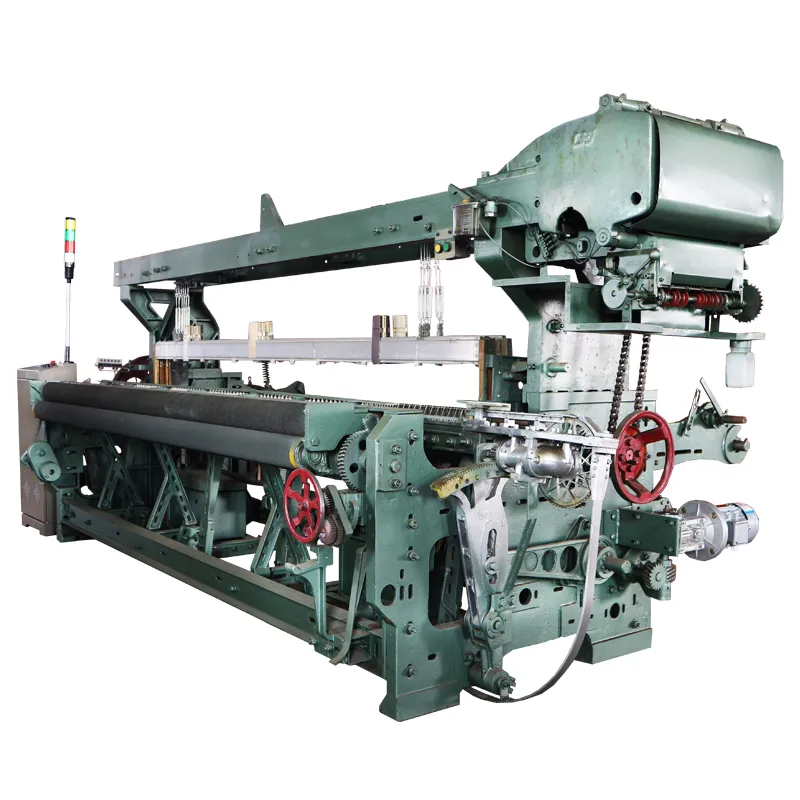
As the demand for durable and efficient mosquito netting solutions continues to rise, Anping Hongke Wire Mesh Machinery Factory has established itself as a leading provider of advanced fiberglass mosquito net machines. This article delves into the functionalities, technical specifications, and applications of their production line, which includes the fiberglass yarn coating machine, warping machine, weaving machine, shaping machine, and quality inspection machine. Whether you're a manufacturer or an industry professional, this guide will provide you with the insights needed to understand the value of these machines.
Product Overview
The fiberglass mosquito net machine is a comprehensive production line designed to create high-quality mosquito nets with exceptional durability, strength, and aesthetic appeal. The system integrates multiple specialized machines, each tailored to a specific stage of the manufacturing process. From coating the glass fiber yarn to final quality inspection, every step is optimized for efficiency and precision.

Key Components of the Production Line
1. Fiberglass Yarn PVC Coating Machine
The fiberglass yarn coating machine is a critical component of the production line. It applies a PVC resin coating to the surface of glass fiber yarn, significantly enhancing its tensile and flexural strength. The machine features a 26-meter-long structure with a power rating of 18 kilowatts, capable of producing 800 kilograms of coated yarn per day (28-30 threads). The process involves four grinding tools and two heating stages to ensure the yarn meets the exacting standards of the glass fiber window yarn industry.
Key Advantages:
- Enhanced tensile and flexural strength of the yarn
- Improved surface gloss and smoothness
- High production capacity (28-30 threads per day)
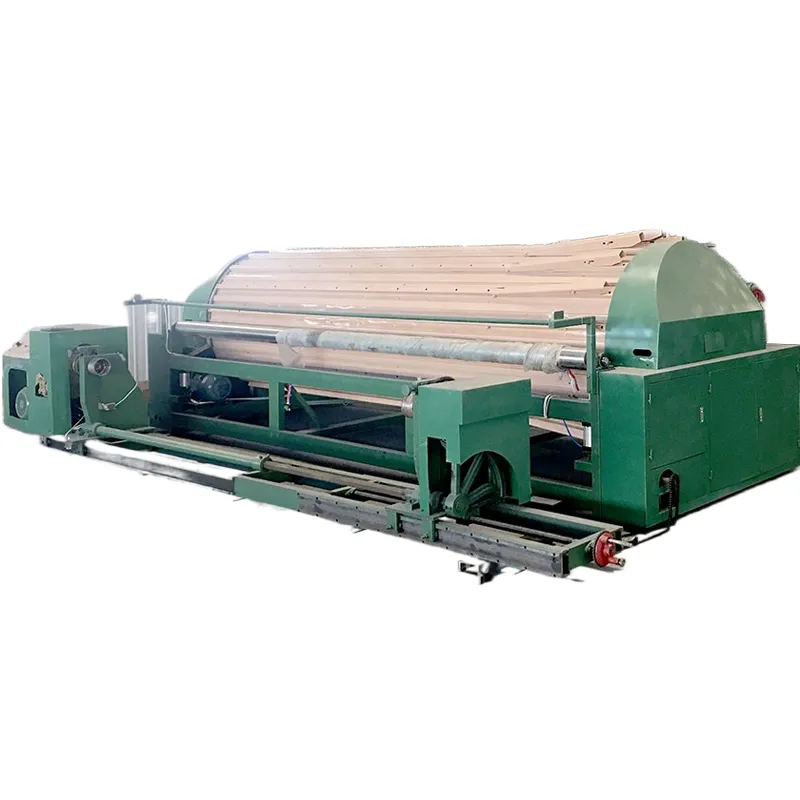
2. Warping Machine
The warping machine is responsible for evenly winding glass fiber yarn onto a warp shaft according to specific tension and arrangement requirements. This ensures uniform warp tension, which is essential for the subsequent weaving process. The machine is available in models such as the 260 Type, 280 Type, and 320 Type, each designed for different production scales.
| Technical Parameter | Details |
|---|---|
| Machine Size | L4.2m W1.75m H1.25m |
| Power | 15 kW |
| Weight | 2 tons (excluding yarn rack) |
| Winding Speed | 800-1200 meters per hour |
| Main Advantages | High stability, high automation, simple operation, uniform warp tension, high output |
The warping machine is equipped with advanced features such as a 63 kg magnetic powder brake, photoelectric protection, and infrared stop mechanisms. These features ensure precise control over the winding process, reducing the risk of yarn breakage and improving overall efficiency.
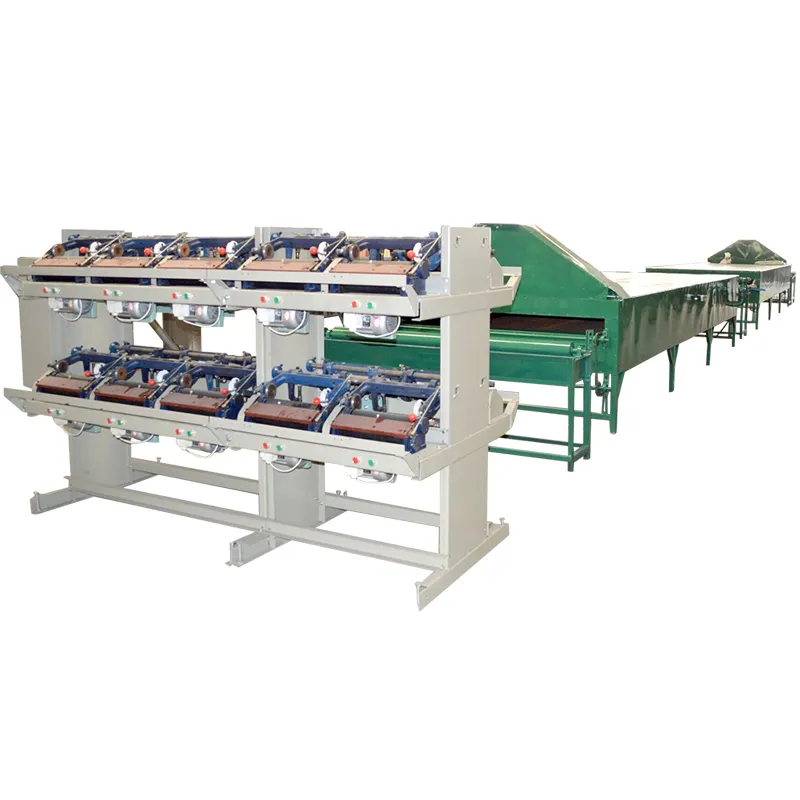
3. Weaving Machine
The weaving machine transforms the warped yarn into a mesh structure. The Hongke weaving machine is designed to produce flat mesh surfaces with clear textures, square mesh patterns, and high production efficiency. The 260 Type model is a popular choice, featuring a 45 kg magnetic powder clutch and Tiger King electric control system.
| Technical Parameter | Details |
|---|---|
| Machine Size | L4.2m W1.8m H1.45m |
| Power | 1.5 kW |
| Weight | 1.8 tons |
| Speed | 135-165 times per minute |
The weaving machine allows for electronic warp sending and winding, providing flexibility to meet varying production demands. This adaptability makes it ideal for manufacturers looking to optimize their output while maintaining product quality.
4. Shaping Machine
The shaping machine is used to bond the warp and weft yarns together through high-temperature shaping. This process enhances the strength, aesthetics, and flatness of the mesh surface. The machine features an electric heating system, with a length of 320 meters, a width of 32 meters, and a height of 4.5 meters. It operates at a power of 220 kilowatts and can produce 2000-2200 meters of mesh per hour.
5. Mesh Quality Inspection Machine
The quality inspection machine ensures that the final product meets stringent quality standards. It allows for real-time monitoring of mesh length and density, with a width of 2 meters and an electric power of 2.2 kW. The machine has an external size of 3100x920x1550 mm and a gross weight of 500 kg, capable of supporting up to 8 weaving machines simultaneously.
Applications and Industry Impact
The fiberglass mosquito net machine is widely used in the production of mosquito nets, window screens, and other mesh-based products. Its advanced technology ensures that the final products are not only durable but also aesthetically pleasing, making them suitable for both residential and commercial applications. The production line's efficiency and precision make it a preferred choice for manufacturers looking to scale their operations while maintaining high-quality standards.
Company Background: Anping Hongke Wire Mesh Machinery Factory
Founded in Anping Hongke Wire Mesh Machinery Factory, the company has been a pioneer in the development of industrial weaving and mesh production equipment. With decades of experience, the company specializes in creating innovative solutions for the fiberglass mesh and mosquito netting industries. Their commitment to quality and technological advancement has earned them a reputation as a trusted supplier in the global market.
As highlighted by the National Institute of Standards and Technology (NIST), the integration of automation and precision engineering in industrial machinery is critical for maintaining product consistency and reducing waste. Anping Hongke's production line exemplifies these principles, offering manufacturers a reliable and efficient solution for their mesh production needs.
Conclusion
The fiberglass mosquito net machine by Anping Hongke Wire Mesh Machinery Factory is a testament to the power of advanced engineering in the manufacturing sector. From the coating of fiberglass yarn to the final quality inspection, each component of the production line is designed to deliver exceptional performance and reliability. Whether you're looking to enhance your production capabilities or explore new market opportunities, this machinery offers a comprehensive solution tailored to meet the demands of modern industry.
References
National Institute of Standards and Technology (NIST). (n.d.). Retrieved from https://www.nist.gov/

Pervious








